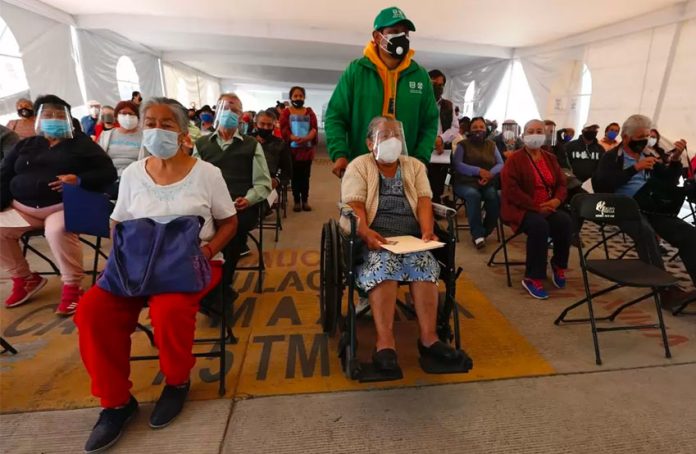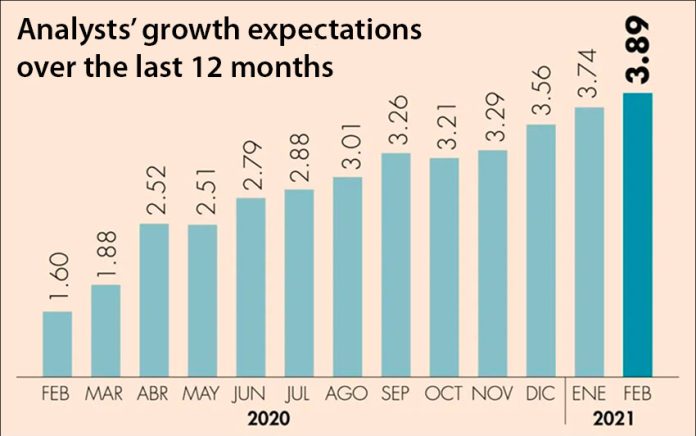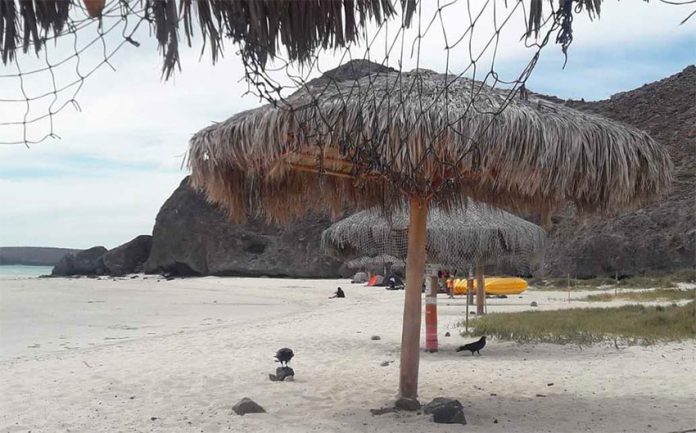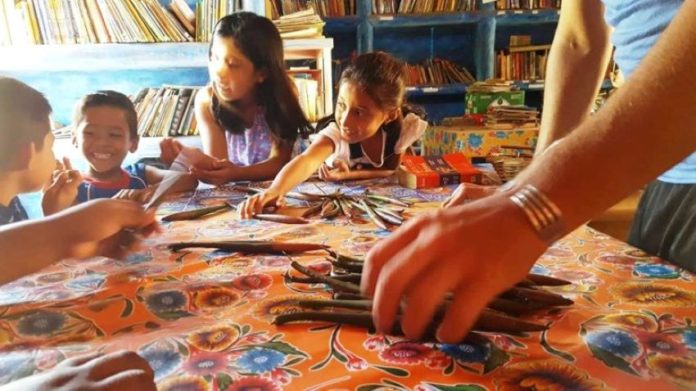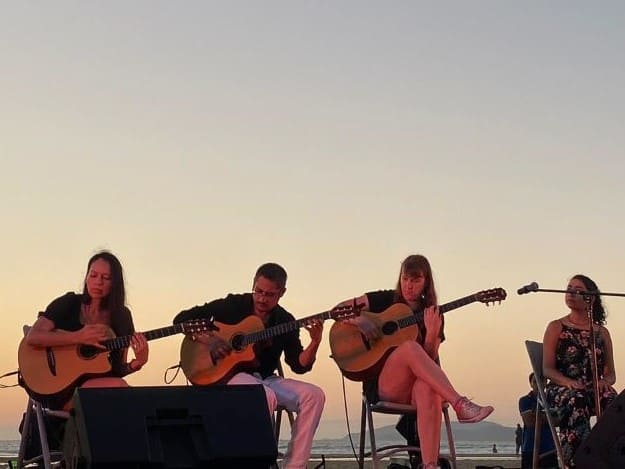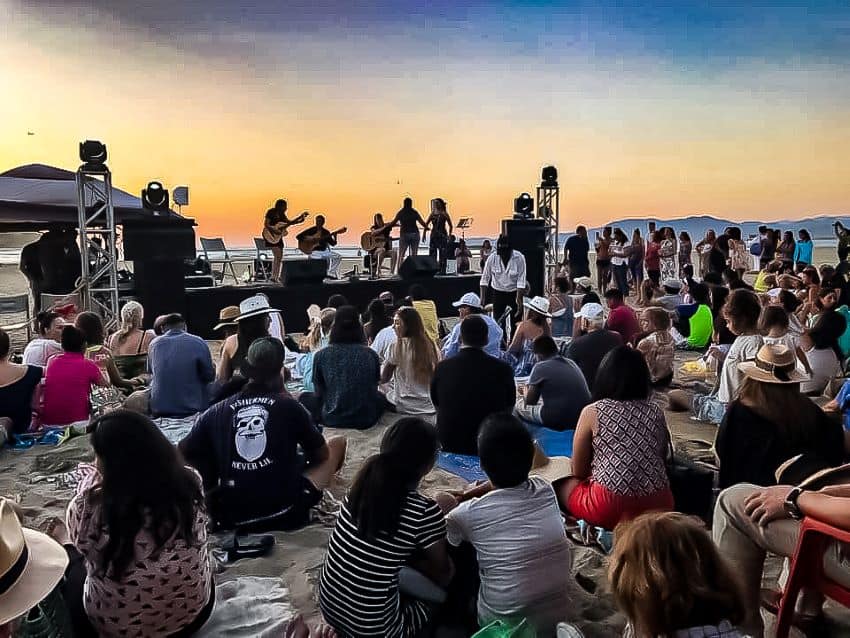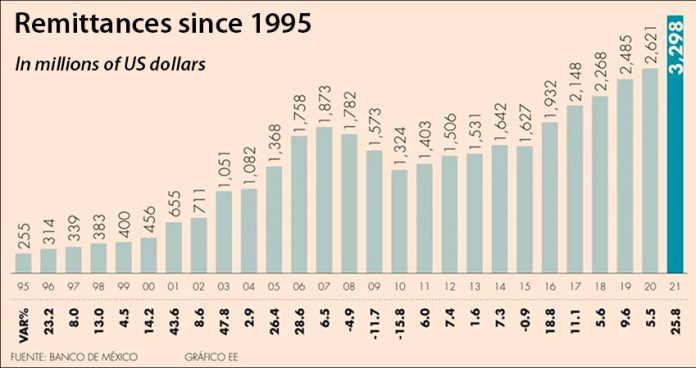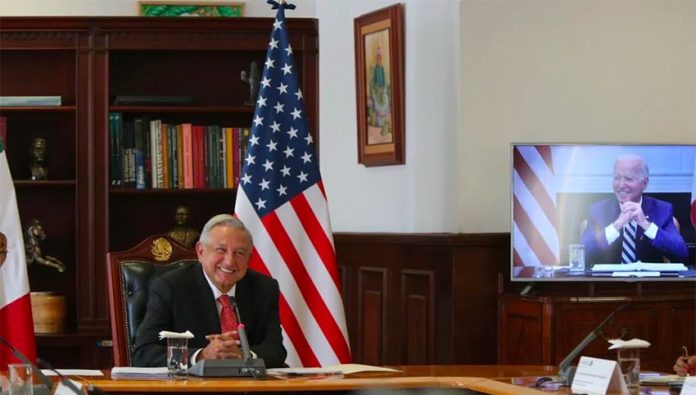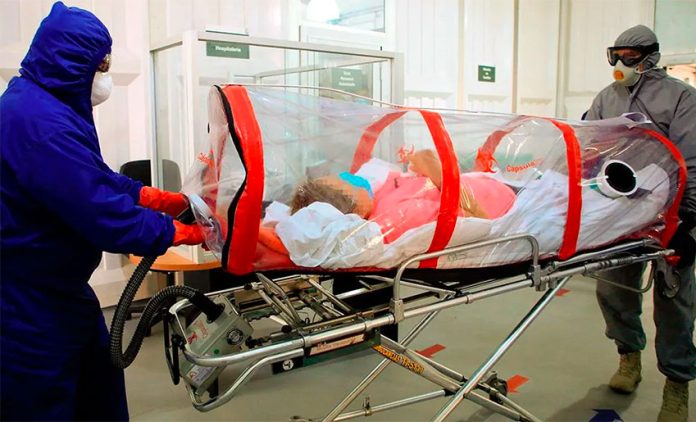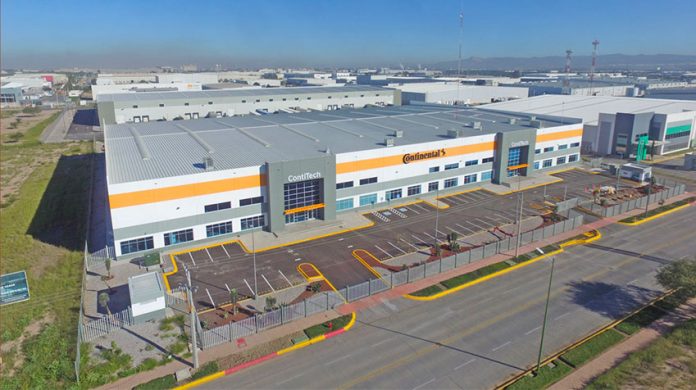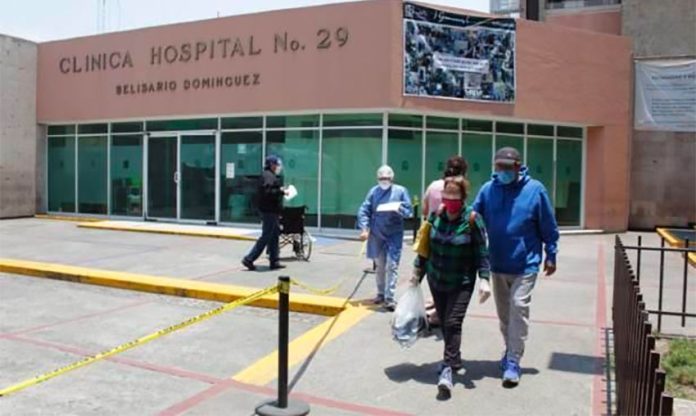The Covid-19 vaccination program has given the ruling Morena party a significant boost, one new poll indicates, while another found that a majority of people approve of President López Obrador’s management of the pandemic despite Mexico having the third highest death toll in the world.
A poll conducted by the newspaper El Financiero in mid and late February found that 44% of 1,000 respondents would vote for Morena if the election for federal deputies were held the day they were polled, an increase of 6% compared to January. The poll was conducted as Mexico’s vaccination program was broadening beyond health workers to include seniors, the first of whom were inoculated against Covid-19 on February 15.
Morena was widely criticized last month for continuing to support the candidacy of alleged rapist Félix Salgado for governor of Guerrero but the issue didn’t appear to damage the party’s standing among respondents.
Support for Morena now is more than double that of March 2020 when just 18% of El Financiero poll respondents said that they would vote for its candidates in a lower house election.
Both the National Action Party (PAN) and the Institutional Revolutionary Party (PRI) attracted just 10% support in the latest poll while 3% of respondents said that they intended to vote for the Democratic Revolution Party (PRD). Almost a third of respondents didn’t declare a preference.

Support for Morena was even higher among people who believe that the government’s vaccination program is proceeding very well or well, with 64% of that cohort indicating that they would vote for the ruling party or its allies.
(Almost 2.6 million vaccine doses, or two for every 100 people, had been administered in Mexico as of Tuesday night.)
Support for Morena slumped to 25% among those who believe that the vaccine rollout is proceeding very badly or badly, while 35% of that cohort indicated they would vote for the PAN-PRI-PRD alliance.
Among respondents who have a lot or some confidence in Covid-19 vaccines, 50% said that they would vote for Morena while only 19% opted for the three-party opposition bloc. Among those with little or no confidence in the vaccines, support for Morena dropped to 26% and increased to 37% for the PAN-PRI-PRD coalition.
Meanwhile, a new survey conducted by consulting and research firm Mitofsky found that 55.9% of 1,000 respondents approve of López Obrador’s management of the coronavirus crisis, an increase of 12.4% compared to the end of March 2020 when Mexico’s official Covid-19 death toll was below 30.
The significant increase appears to defy logic: the official death toll is now above 187,000, the economy slumped by 8.5% last year, there has been scant economic support for people affected by the downturn and the news agency Bloomberg has rated Mexico as the worst country to be in during the Covid crisis.
In contrast, the popularity of the government’s coronavirus czar, Deputy Health Minister Hugo López-Gatell, has declined since the early stages of the pandemic – but not significantly.
On April 12 last year – when Mexico’s Covid-19 death toll rose to 296 – 58% of respondents to a Mitofsky poll said they had a good opinion of the coronavirus point man. Last Sunday, 52.8% of respondents said the same, a decline of just 5.2%.
López-Gatell, who was hospitalized for five days last week due to Covid-19 complications, has maintained strong support in Mitofsky’s polls despite leading a widely-criticized pandemic strategy and coming under fire for ignoring his own stay-at-home advice by traveling to the coast of Oaxaca for a New Year’s holiday while the country faced a worsening coronavirus situation.
The latest Mitofsky poll also found that 62% of respondents are afraid of dying of Covid-19 and 75.3% are fearful that they or a family member will contract the virus.
Almost 92% of those polled on February 28 said they know someone who has had the virus – Mexico’s official case tally is just under 2.1 million but that figure is considered a vast undercount due to the low testing rate – and 80.1% said that they knew at least one person who died from Covid-19.
The survey found that 28.3% of respondents had a preference for being inoculated agains Covid-19 with the Pfizer/BioNTech vaccine while 24.2% opted for the Sputnik V shot. The AstraZeneca/Oxford University (13.7%) Johnson & Johnson (5.1%) and Moderna (2.8%) vaccines ranked third, fourth and fifth respectively.
The Chinese-made CanSino Biologics and Sinovac vaccines, both of which have been approved for use in Mexico, were chosen by just 0.8% and 0.6% of respondents, respectively.
Source: El Financiero (sp), El Economista (sp)
